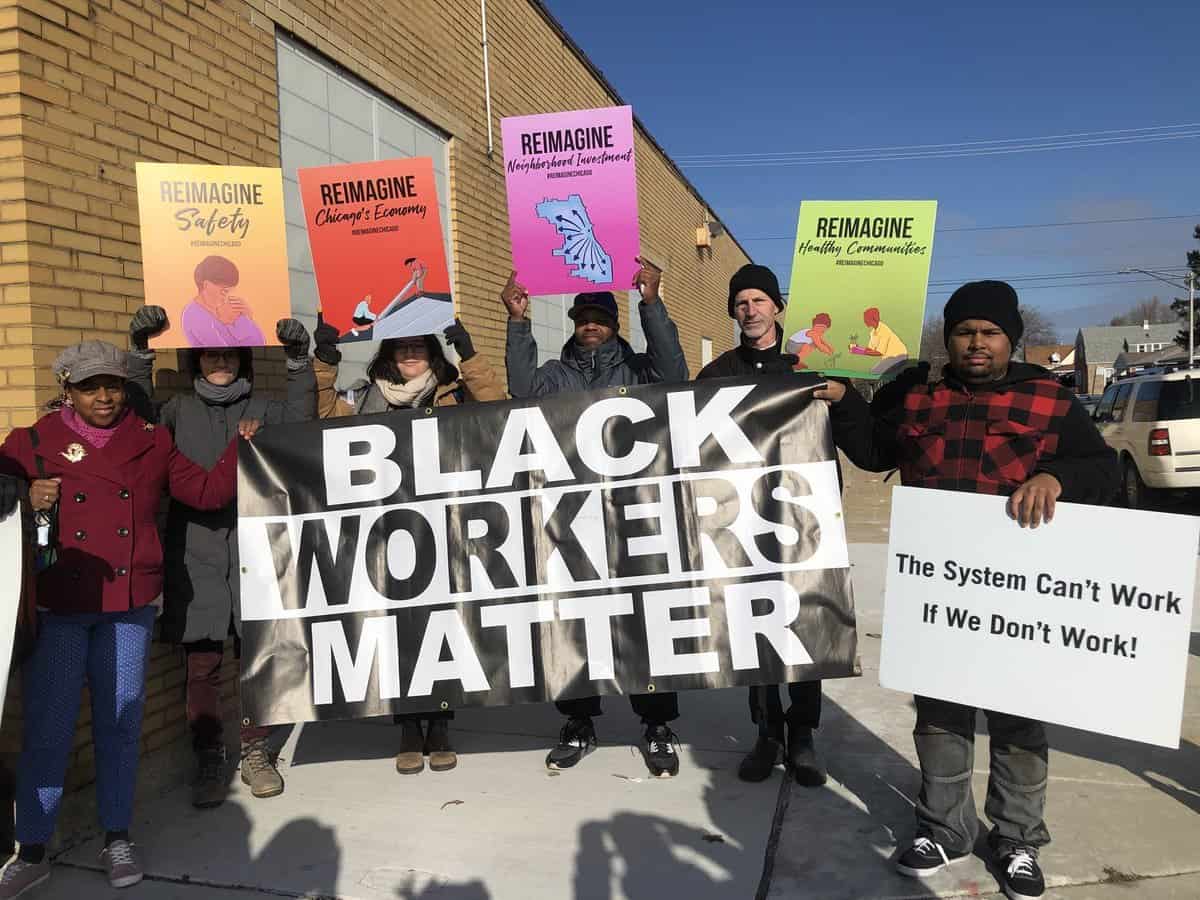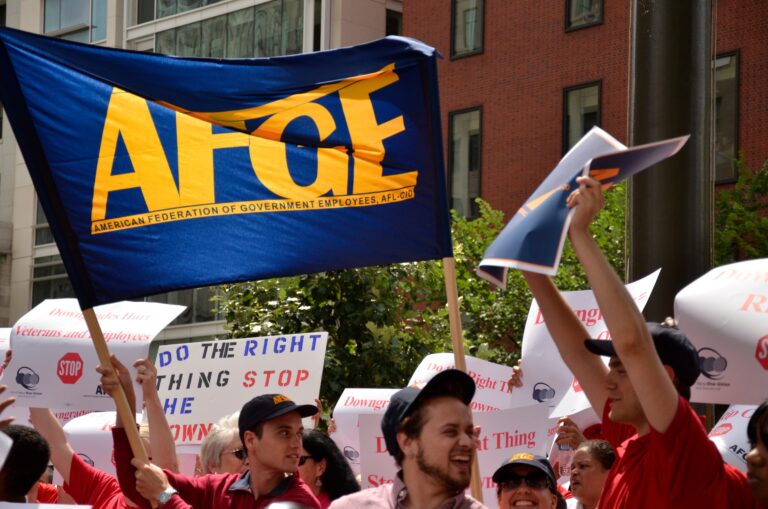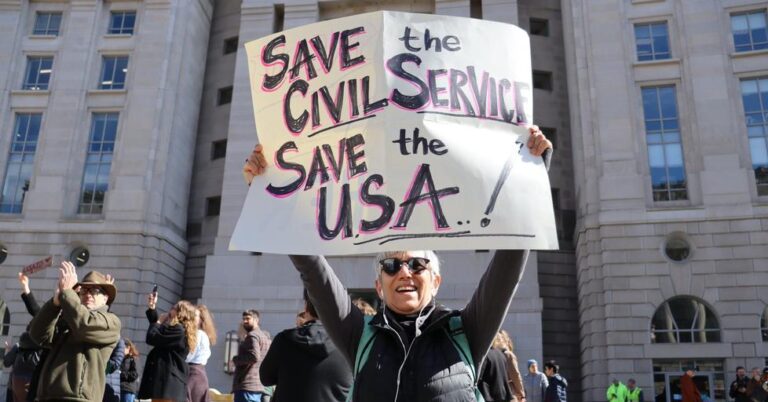
Lewit Gemeda is a student at Harvard Law School.
In today’s news and commentary, new data from the Bureau of Labor Statistics (BLS) shows that the number of unionized workers in the United States increased by 200,000 from 2021 to 2022, and Chipotle has agreed to settle a lawsuit with the NLRB.
The BLS data shows that the growth in union membership came via workers of color. There were 231,000 workers of color who unionized in the last year, while the number of white unionized workers decreased by 31,000. Out of all the racial and ethnic groups, Black workers continue to lead the unionization rate, standing at 12.8%. The data also confirms the increase in union activity and organizing witnessed during the last year. While only 11% of the total share of workers are unionized, the 53% increase in union election petitions filed within the last year offers hope. According to the BLS data, the industries that reported the strongest increase in unionization were state governments, durable goods manufacturers, arts & entertainment, recreation, and transportation and warehousing. The diversity of the current labor movement can also be seen in the list of states that saw the most rise in unionization: California, Texas, Ohio, Maryland, and Alabama.
Lastly, Chipotle has agreed to pay $240,000 in backpay to 24 former employees of their location in Augusta, Maine as part of a settlement for closing the restaurant in response to workers’ unionization efforts. The employees at the Augusta location filed a petition to unionize under Chipotle United last June and less than a month later Chipotle closed the restaurant, blaming staffing issues. In November, the NLRB found that the company’s actions—most notably closing the restaurant and stopping workers from being hired at other locations in the state— violated federal labor law. Despite the settlement, Chipotle denies any wrongdoing and emphasized that it chose to settle the case to avoid the greater financial and time cost of litigation. Additionally, the company will not be reopening the closed location but has agreed to keep a preferential hiring list for affected workers for one year. Following the settlement, about 40 stores across Maine, New Hampshire, and Massachusetts will post notices that say the stores will not close and employers will not discriminate against employees for their unionization efforts.






Daily News & Commentary
Start your day with our roundup of the latest labor developments. See all
December 5
Netflix set to acquire Warner Bros., Gen Z men are the most pro-union generation in history, and lawmakers introduce the “No Robot Bosses Act.”
December 4
Unionized journalists win arbitration concerning AI, Starbucks challenges two NLRB rulings in the Fifth Circuit, and Philadelphia transit workers resume contract negotiations.
December 3
The Trump administration seeks to appeal a federal judge’s order that protects the CBAs of employees within the federal workforce; the U.S. Department of Labor launches an initiative to investigate violations of the H-1B visa program; and a union files a petition to form a bargaining unit for employees at the Met.
December 2
Fourth Circuit rejects broad reading of NLRA’s managerial exception; OPM cancels reduced tuition program for federal employees; Starbucks will pay $39 million for violating New York City’s Fair Workweek law; Mamdani and Sanders join striking baristas outside a Brooklyn Starbucks.
December 1
California farmworkers defend state labor law, cities consider requiring companies to hire delivery drivers, Supreme Court takes FAA last-mile drivers case.
November 30
In today’s news and commentary, the MSPB issues its first precedential ruling since regaining a quorum; Amazon workers lead strikes and demonstrations in multiple countries; and Starbucks workers expand their indefinite strike to additional locations. Last week, the Merit Systems Protection Board (MSPB) released its first precedential decision in eight months. The MSPB had been […]